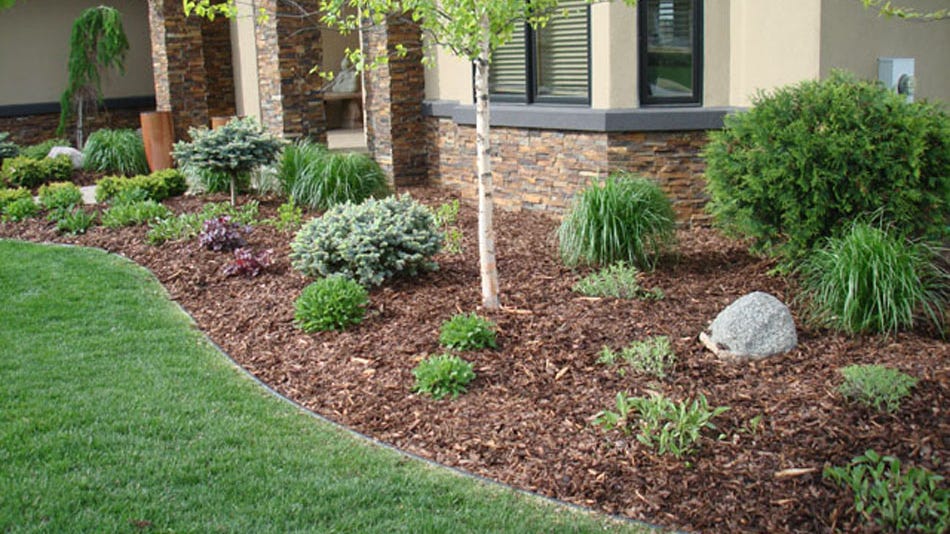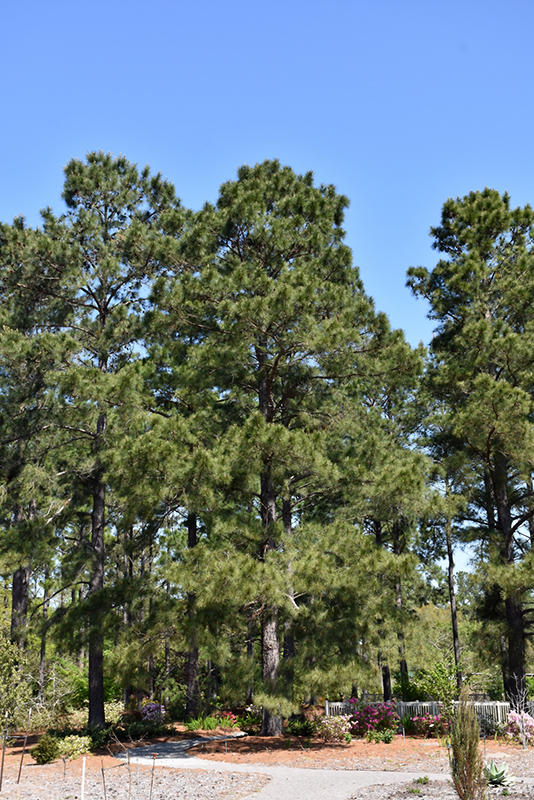

How to Choose the Right Pine Bark Mulch for Your Garden It can be difficult to spread:īecause pine bark mulch is lightweight and fluffy, it can be difficult to spread evenly, especially on windy days.

Pine bark mulch breaks down faster than some other types of mulch, which means you may need to replace it more frequently. Pine bark mulch is naturally acidic, which can be a problem if you’re trying to grow plants that prefer alkaline soil. Pine bark mulch can attract insects, such as termites and ants, which can be a problem if they start to invade your home. Pine bark mulch is a premium product and can be more expensive than other types of mulch. Here are a few things to keep in mind: 1. While pine bark mulch has many benefits, there are some drawbacks to consider before using it in your garden. Cons of Pine Bark Mulch: What You Need to Know It can add nutrients to your soil:Īs pine bark mulch decomposes, it releases nutrients back into the soil, which can help improve plant growth and health. See also Pros and Cons of Placenta Encapsulation 5. Pine bark mulch can protect your soil from erosion caused by wind or water. Pine bark mulch helps improve soil structure by breaking up heavy clay soils and improving drainage in sandy soils. It’s excellent for soil structure and drainage: Mulching with pine bark can help prevent weeds from sprouting by blocking sunlight and inhibiting growth. Pine bark mulch is great for retaining moisture in the soil, which can help keep your plants hydrated and healthy. Here are some of the benefits of using pine bark mulch: 1. This process creates a lightweight, fluffy mulch that’s easy to spread and provides excellent coverage. It’s made from the outer bark of pine trees, which is stripped and then ground up into small pieces. Pine bark mulch is prized for its rich, earthy scent and natural look. 40 Intense Pros and Cons of Congressional Term Limits 2023 Pros of Pine Bark Mulch: What Makes It So Special?


 0 kommentar(er)
0 kommentar(er)
